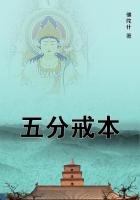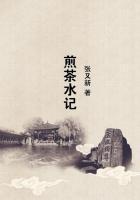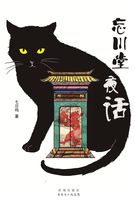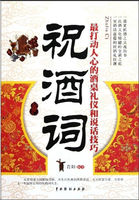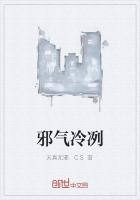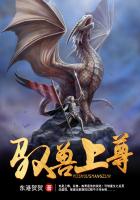This is what Anselm essayed to do; but the Schoolmen who succeeded Abelard often drew dialectical inferences from what appeared to be true, while some of them were so sophistical as to argue from false premises. This syllogistic reasoning, in the hands of an acute dialectician, was very efficient in overthrowing an antagonist, or turning his position into absurdity, but not favorable for the discovery of truth, since it aimed no higher than the establishment of the particulars which were included in the doctrine assumed or deduced from it. It was reasoning in perpetual circles; it was full of quibbles and sophistries; it was ingenious, subtle, acute, very attractive to the minds of that age, and inexhaustible from divisions and subdivisions and endless ramifications. It made the contests of the schools a dialectical display of remarkable powers in which great interest was felt, yet but little knowledge was acquired. In one respect the Scholastic doctors rendered a service: they demolished all dreamy theories and poured contempt on mystical phrases. They insisted, like Socrates, on a definite meaning to words. If they were hair-splitting in their definitions and distinctions, they were at least clear and precise. Their method was scientific. Such terms and expressions as are frequently used by our modern transcendental philosophers would have been laughed to scorn by the Schoolmen. No system of philosophy can be built up when words have no definite meaning.
This Socrates was the first to inculcate, and Aristotle followed in his steps.
With the Crusades arose a new spirit, which gave an impulse to philosophy as well as to art and enterprise. "The primum mobile of the new system was Motion, in distinction from the rest which marked the old monastic retreats." An immense enthusiasm for knowledge had been kindled by Abelard, which was further intensified by the Scholastic doctors of the thirteenth century, especially such of them as belonged to the Dominican and Franciscan friars.
These celebrated Orders arose at a great crisis in the Papal history, when rival popes aspired to the throne of Saint Peter, when the Church was rent with divisions, when princes were contending for the right of investiture, and when heretical opinions were defended by men of genius. At this crisis a great Pope was called to the government of the Church,--Innocent III., under whose able rule the papal power culminated. He belonged to an illustrious Roman family, and received an unusual education, being versed in theology, philosophy, and canon law. His name was Lothario, of the family of the Conti; he was nephew of a pope, and counted three cardinals among his relatives. At the age of twenty-one, about the year 1181, he was one of the canons of Saint Peter's Church; at twenty-four he was sent by the Pope on important missions. In 1188 he was created cardinal by his uncle, Clement III.; and in 1198 he was elected Pope, at the age of thirty-eight, when the Crusades were at their height, when the south of France was agitated by the opinions of the Albigenses, and the provinces on the Rhine by those of the Waldenses. It was a turbulent age, full of tumults, insurrections, wars, and theological dissensions.
The old monastic orders had degenerated and lost influence through idleness and self-indulgence, while the secular clergy were scarcely any better. Innocent cast his eagle eye into all the abuses which disgraced the age and Church, and made fearless war upon those princes who usurped his prerogatives. He excommunicated princes, humbled the Emperor of Germany and the King of England, put kingdoms under interdict, exempted abbots from the jurisdiction of bishops, punished heretics, formed crusades, laid down new canons, regulated taxes, and directed all ecclesiastical movements.
His activity was ceaseless, and his ambition was boundless. He instituted important changes, and added new orders of monks to the Church. It was this Pope who made auricular confession obligatory, thus laying the foundation of an imperious spiritual sway in the form of inquisitions.
A firm guardian of public morals, his private life was above reproach. His habits were simple and his tastes were cultivated.
He was charitable and kind to the poor and unfortunate. He spent his enormous revenues in building churches, endowing hospitals, and rewarding learned men; and otherwise showed himself the friend of scholars, and the patron of benevolent movements. He was a reformer of abuses, publishing the most severe acts against venality, and deciding quarrels on principles of justice. He had no dramatic conflicts like Hildebrand, for his authority was established. As the supreme guardian of the interests of the Church he seldom made demands which he had not the power to enforce. John of England attempted resistance, but was compelled to submit. Innocent even gave the arch-bishopric of Canterbury to one of his cardinals, Stephen Langton, against the wishes of a Norman king. He made Philip II take back his lawful wife; he nominated an emperor to the throne of Constantine; he compelled France to make war on England, and incited the barons to rebellion against John. Ten years' civil war in Germany was the fruit of his astute policy, and the only great failure of his administration was that he could not exempt Italy from the dominion of the Emperors of Germany, thus giving rise to the two great political parties of the thirteenth and fourteenth centuries,--the Guelphs and Ghibellines.

